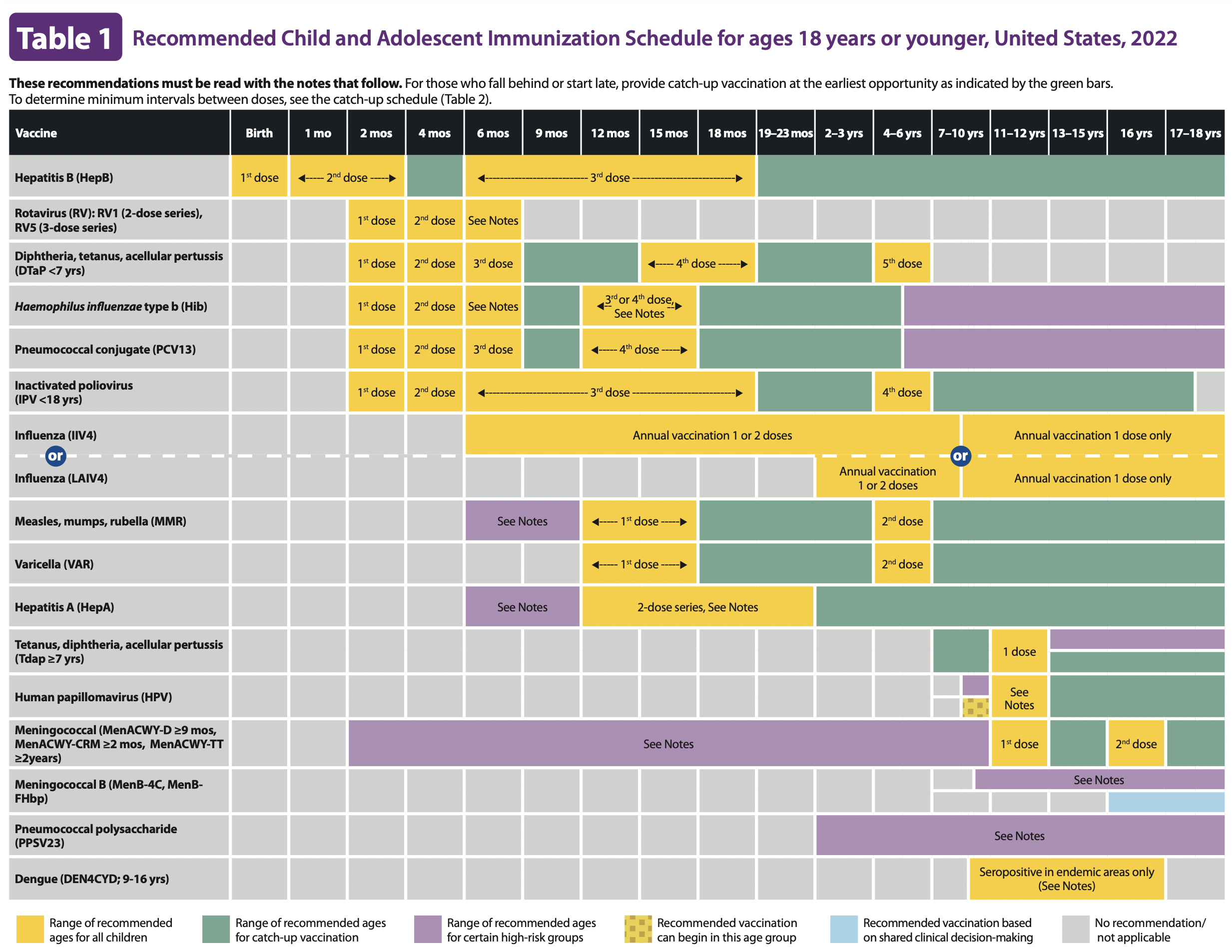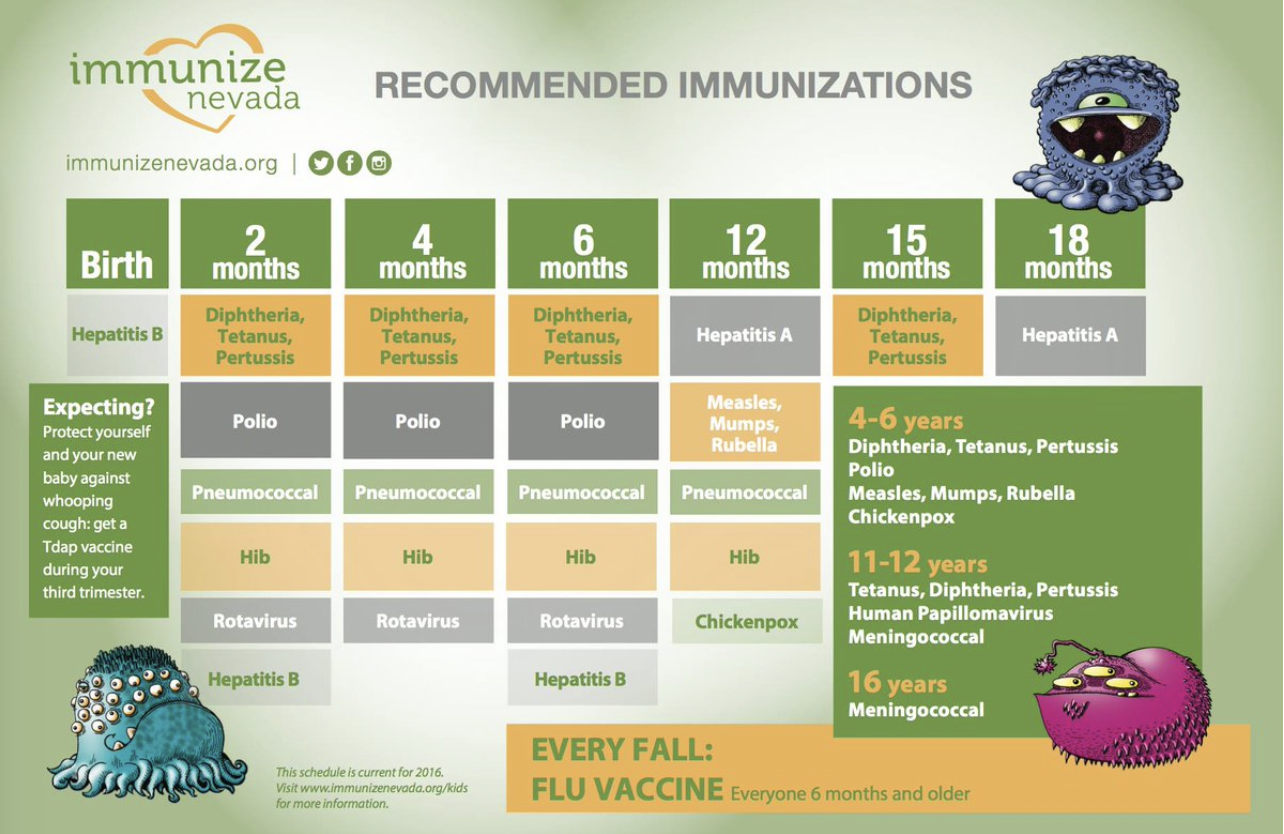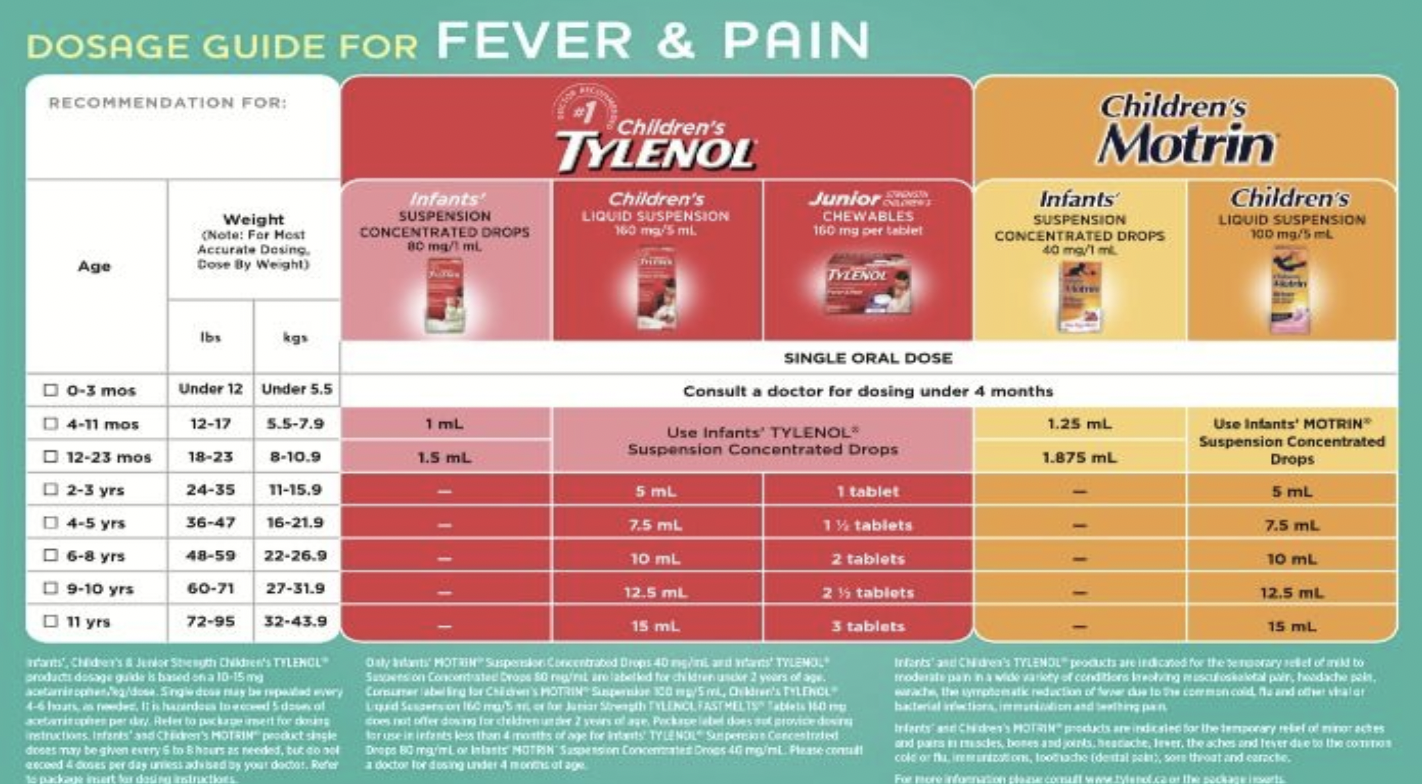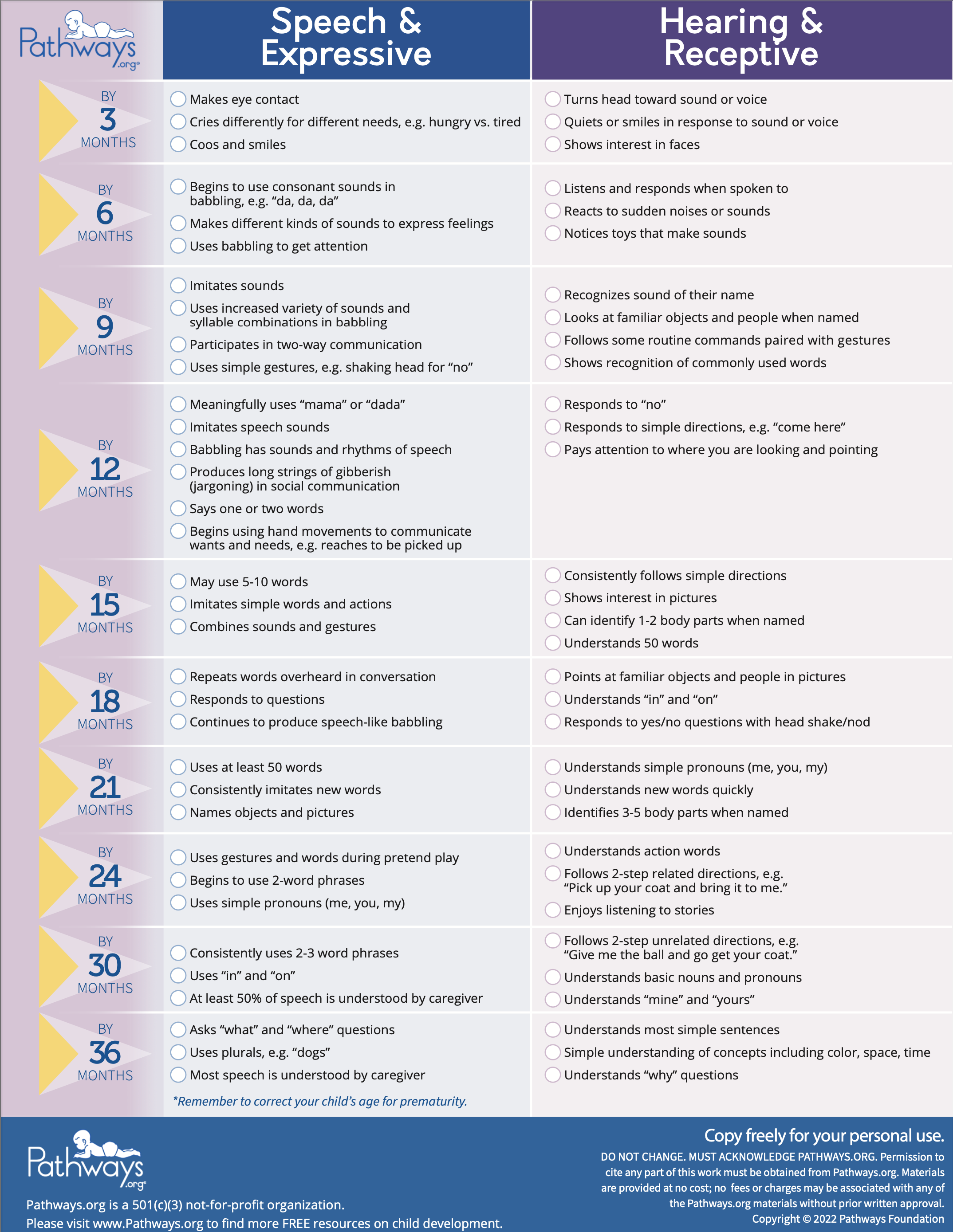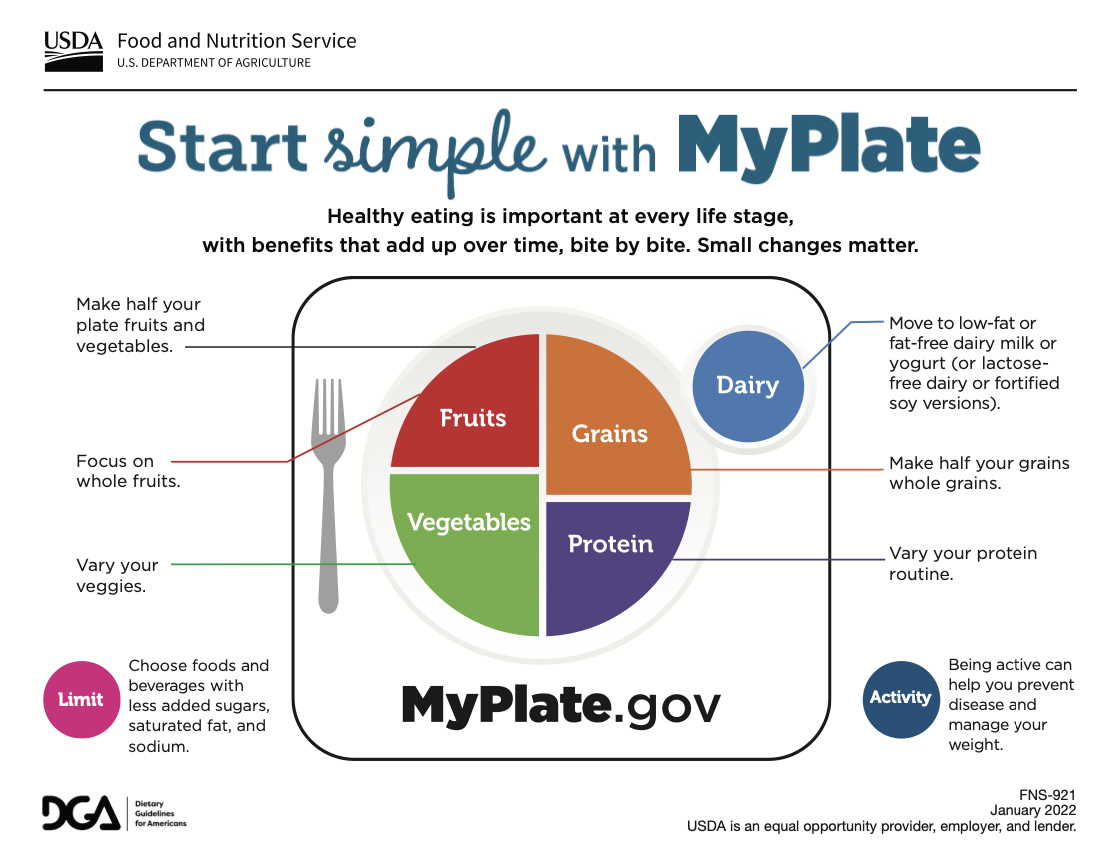Vaccine

During pregnancy, mothers pass on antibodies to their children helping to shield them from certain illnesses and other health issues. However, these antibodies don’t protect your child against diseases such as measles, mumps, rubella, chicken pox, or a host of other life-threatening conditions. Immunization is the only way to protect against these diseases. Dr. Peraza and his competent staff have immunized hundreds of infants in Las Vegas to protect them.
What are vaccines and how do they work?
The verb to immunize means “to make a person or animal immune to infection.” When immunizing our patients, Dr. Peraza injects vaccines that have been created to target certain diseases such as polio. Vaccines help develop immunity by imitating an infection. Vaccines contain small amounts of the weakened or killed germs that cause a particular disease. In their weakened state, the germs don’t cause infection, but they still trigger the immune system to produce T-lymphocytes and antibodies in response. Once your body has developed the particular antibodies to fight the specific germs that cause the disease the vaccine targets, the person will have immunity to that disease for the life of the vaccine, which is often the person’s entire life.
Should I be worried about my child’s vaccination?
There is a good amount of serious misinformation about the safety of vaccines, but these misperceptions can be very dangerous for your child. Many parents falsely believe that their children may acquire serious reactions from vaccinations. Dr. Peraza educates his clients that such vaccine components are already dead or weakened, which make it highly unlikely to cause any serious conditions to the person being immunized. There may be mild reactions, such as a slight fever, but anything more severe is incredibly rare. The measles outbreak in January 2015 at Disneyland illustrates the danger, and the irresponsibility toward greater society, of not immunizing your children.
How long will my child be immune after getting vaccinated?
Different vaccines have different immunity periods. For example, measles and hepatitis B vaccines provide lifetime immunity. On the other hand, the tetanus vaccine provides immunity for many years, but will require repeated doses in later years for continued protection against tetanus. We will keep a detailed immunization record for your child so there will be no doubt if your child is protected.
cloudRequest Consultation
 PHYSICAL EXAM
PHYSICAL EXAM FOOD SAFETY
FOOD SAFETY SPORTS PHYSICAL EXAM
SPORTS PHYSICAL EXAM OBESITY
OBESITY ACID REFLUX
ACID REFLUX LICE
LICE VACCINE
VACCINE CIRCUMCISION
CIRCUMCISION ADHD EVALUATIONS
ADHD EVALUATIONS











